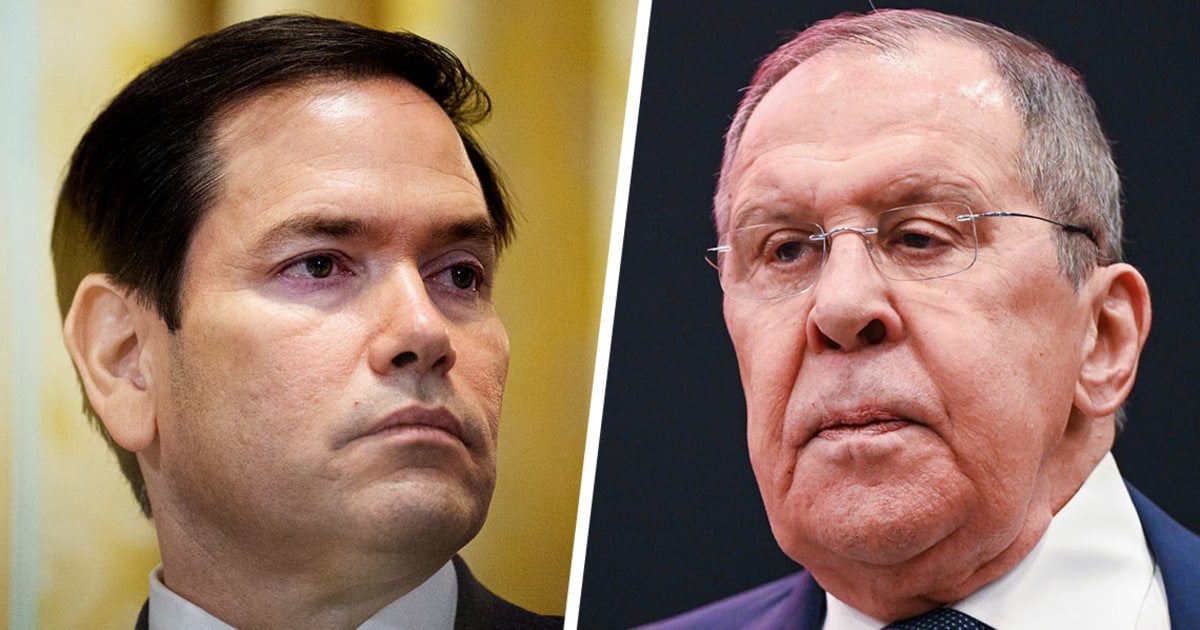New documents obtained by NBC News shed light on early internal Trump administration deliberations about the court battle over deportations under the Alien Enemies Act and the case of Kilmar Abrego Garcia, who was wrongly deported to El Salvador in March.
The documents were provided by fired Justice Department prosecutor Erez Reuveni to Democrats on the Senate Judiciary Committee, which is considering a judgeship nomination for Emil Bove. Reuveni accused Bove, the third-highest-ranked official at the Justice Department, of floating the possibility that DOJ lawyers could ignore court orders blocking deportations. Bove has denied any wrongdoing.
One text between Reuveni and a colleague refers to a “F— You,” comment, which is what Reuveni says Bove told DOJ lawyers they might have to say to judges who try to impede deportations. But the text does not make clear that the correspondents are referring to Bove.
There are also some colorful exchanges in the documents that speak to Reuveni’s growing frustration with how he believed the Trump administration officials were defying the courts, including: “At this point why don’t we just submit an emoji of a middle finger as our filing.”
The Judiciary Committee’s top Democrat, Sen. Dick Durbin of Illinois, said in a statement that the documents “can only lead to one conclusion: Emil Bove belongs nowhere near the federal bench. This vote will be a litmus test for Senate Judiciary Republicans. This is about more than a random f-bomb. This is a declaration of defiance of our courts at the highest level of our government by a man who now seeks a lifetime appointment to one of the highest courts in our land.”
NBC News reached out to the DOJ for a response.
The records also show that while Trump, Attorney General Pam Bondi and others were publicly insisting that Abrego Garcia would never return to the U.S., officials at the Department of Justice and the Department of Homeland Security were having conversations among themselves — and, it appears based on these emails, officials from the U.S. Embassy in El Salvador — about bringing him back.
In one exchange, acting DHS General Counsel Joseph Mazzara wrote, “We want to make sure everyone knows this gentleman is alright if it takes us time to get el sal to send him back.”
In another email, an unnamed State Department official wrote to State, DHS, DOJ officials and litigators, “I agree he should be brought back to the US if El Sal will release him back to us, and we should take steps to help ensure his safety in the meantime.”
